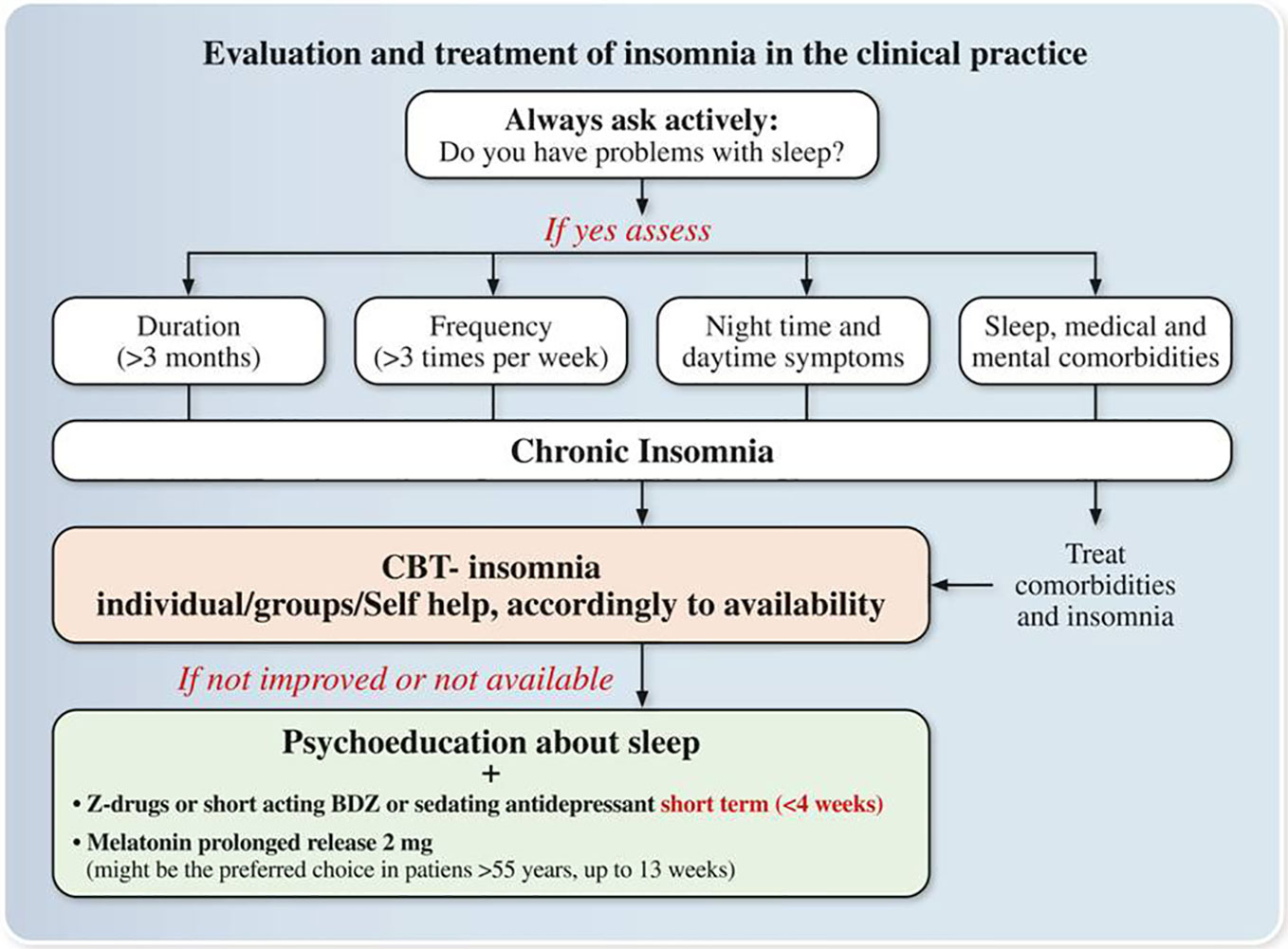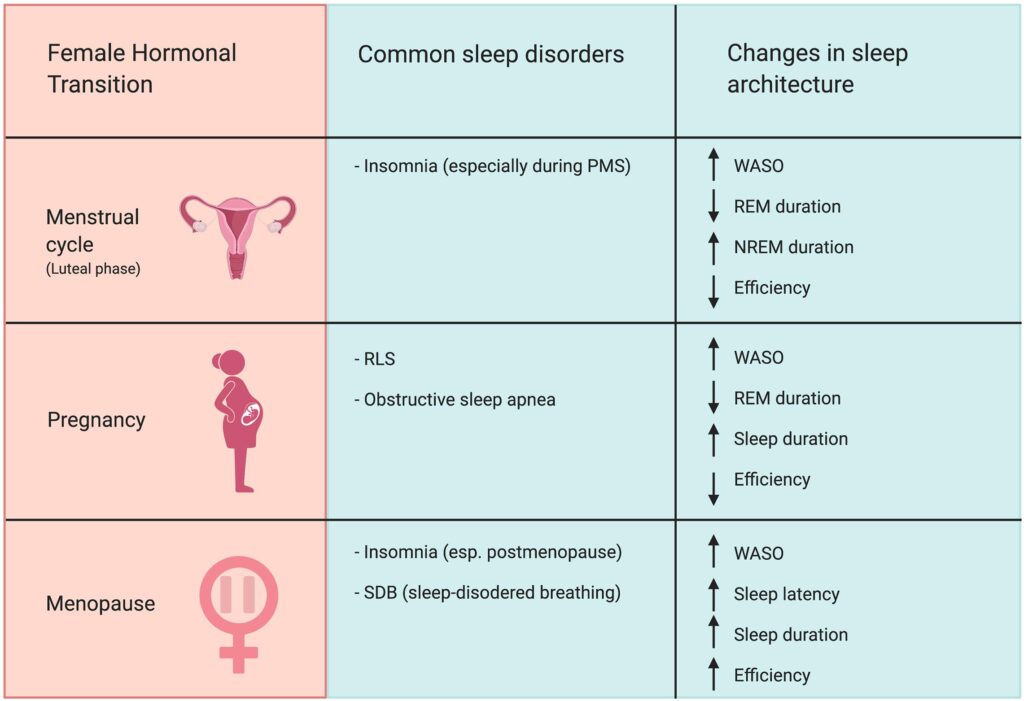Insomnia, often abbreviated as INS, is a common sleep disorder that affects millions of people worldwide. It is characterized by difficulty falling asleep, staying asleep, or waking up too early and not being able to go back to sleep. This condition can have a significant impact on an individual’s quality of life, leading to fatigue, irritability, and impaired cognitive function. In this article, we will explore the causes, symptoms, and treatments for insomnia in detail.

What is Insomnia?
Insomnia is more than just occasional trouble sleeping. It is a persistent condition that can last for days, weeks, or even months. People with insomnia often feel dissatisfied with their sleep and experience one or more of the following symptoms:
- Difficulty falling asleep at night
- Frequent awakenings during the night
- Waking up too early and being unable to fall back asleep
- Feeling tired or groggy upon waking
These symptoms can lead to daytime fatigue, mood disturbances, and problems with concentration and memory.
Types of Insomnia
Insomnia can be classified into two main types based on its duration:
Acute Insomnia
Acute insomnia is short-term and often occurs due to stress or a traumatic event. It may last for a few days or weeks but typically resolves on its own without treatment.
Chronic Insomnia
Chronic insomnia is long-term and occurs when a person experiences sleep difficulties at least three nights a week for three months or longer. This type of insomnia often requires intervention and treatment to manage effectively.
Causes of Insomnia
Insomnia can arise from a variety of factors, including lifestyle habits, medical conditions, and psychological issues. Below are some of the most common causes of insomnia:
Stress and Anxiety
One of the primary causes of insomnia is stress. Worries about work, school, health, finances, or family can keep your mind active at night, making it difficult to sleep. Anxiety disorders, such as generalized anxiety disorder or post-traumatic stress disorder, can also contribute to insomnia.
Depression
Depression is closely linked to insomnia. People with depression often experience changes in their sleep patterns, including difficulty falling asleep or staying asleep. The relationship between depression and insomnia is complex, as each can exacerbate the other.
Poor Sleep Habits
Irregular sleep schedules, napping during the day, and engaging in stimulating activities before bedtime can disrupt your body’s natural sleep-wake cycle. Using electronic devices like smartphones or tablets in bed can also interfere with your ability to fall asleep.
Medical Conditions
Certain medical conditions can contribute to insomnia. These include chronic pain, asthma, diabetes, heart disease, and gastrointestinal disorders. Hormonal changes, such as those experienced during menopause, can also affect sleep quality.
Medications
Some medications used to treat conditions like allergies, high blood pressure, and depression can interfere with sleep. If you suspect that your medication is causing insomnia, consult your healthcare provider for alternative options.
Substance Use
Caffeine, nicotine, and alcohol can all disrupt sleep. While alcohol may initially make you feel drowsy, it can interfere with the deeper stages of sleep, leading to poor-quality rest. Similarly, caffeine and nicotine are stimulants that can make it harder to fall asleep.
Symptoms of Insomnia
The symptoms of insomnia can vary from person to person, but they generally fall into two categories: nighttime symptoms and daytime symptoms.
Nighttime Symptoms
- Trouble falling asleep despite feeling tired
- Frequent awakenings during the night
- Waking up too early and being unable to return to sleep
- Feeling restless or dissatisfied with sleep
Daytime Symptoms
- Daytime fatigue or sleepiness
- Irritability, depression, or anxiety
- Difficulty concentrating or remembering
- Increased errors or accidents
If you experience these symptoms regularly, it may be time to seek help from a healthcare professional.
Treatments for Insomnia
There are several approaches to treating insomnia, ranging from lifestyle changes to medical interventions. The most effective treatment plan often involves a combination of strategies tailored to the individual’s needs.
Lifestyle Changes
Making adjustments to your daily routine and sleep environment can significantly improve sleep quality. Consider the following tips:
- Stick to a consistent sleep schedule by going to bed and waking up at the same time every day, even on weekends.
- Create a relaxing bedtime routine, such as reading or taking a warm bath, to signal to your body that it’s time to wind down.
- Limit exposure to screens and bright lights in the hour leading up to bedtime.
- Avoid consuming caffeine, nicotine, and alcohol close to bedtime.
- Ensure your bedroom is conducive to sleep by keeping it cool, dark, and quiet.
Cognitive Behavioral Therapy for Insomnia
Cognitive behavioral therapy for insomnia is a structured program that helps individuals identify and change thoughts and behaviors that contribute to sleep problems. This therapy typically includes techniques such as:
- Sleep restriction: Limiting the amount of time spent in bed to increase sleep efficiency.
- Stimulus control: Associating the bed with sleep rather than wakefulness.
- Relaxation techniques: Practicing deep breathing, meditation, or progressive muscle relaxation to reduce stress.
Medications
In some cases, medications may be prescribed to help manage insomnia. These include:
- Sedatives or hypnotics: These medications promote sleep but should be used cautiously due to the risk of dependence.
- Melatonin supplements: Melatonin is a hormone that regulates the sleep-wake cycle and can be helpful for individuals with jet lag or shift work sleep disorder.
- Antidepressants: Certain antidepressants have sedative effects and may be prescribed for individuals with both insomnia and depression.
Natural Remedies
Some people prefer to explore natural remedies for insomnia. These include:
- Herbal teas: Chamomile and valerian root are popular choices for promoting relaxation and sleep.
- Aromatherapy: Essential oils like lavender can create a calming atmosphere conducive to sleep.
- Dietary changes: Consuming foods rich in magnesium and tryptophan, such as bananas and almonds, may support better sleep.
Addressing Underlying Conditions
If insomnia is caused by an underlying medical or psychological condition, treating that condition may alleviate sleep problems. For example, managing chronic pain, addressing hormonal imbalances, or seeking therapy for anxiety can improve sleep quality.
When to Seek Professional Help
If insomnia persists despite making lifestyle changes or trying over-the-counter remedies, it may be time to consult a healthcare provider. A doctor can help determine the underlying cause of your sleep difficulties and recommend appropriate treatments. They may also refer you to a sleep specialist for further evaluation.
Signs that you should seek professional help include:
- Insomnia lasting more than a month
- Severe daytime fatigue that interferes with daily activities
- Snoring or gasping for air during sleep, which could indicate sleep apnea
- Unexplained weight gain or loss
Remember, addressing insomnia early can prevent it from becoming a chronic issue and improve your overall well-being.





